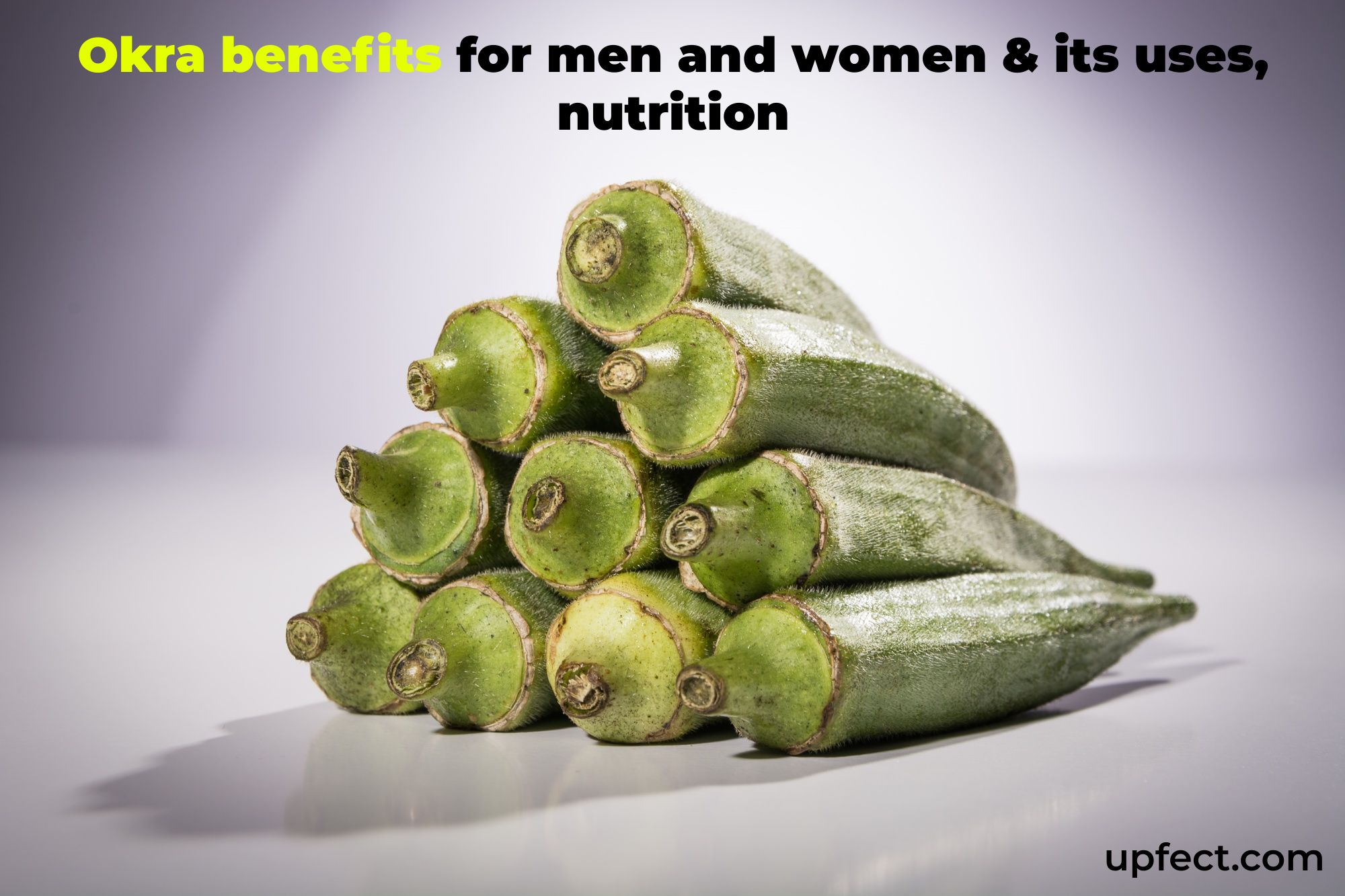
What is Okra?
Okra, also known as lady’s fingers or gumbo, is a nutritious vegetable with significant medicinal properties. Scientifically referred to as Abelmoschus esculentus, it is believed to have originated in Ethiopia but has since been widely cultivated across the globe, including in West Africa, the Middle East, India, and the Americas.
The green, slightly fuzzy pods of okra are characterized by their perforated shape, containing rows of edible seeds that release a viscous liquid when cut and cooked. This quality makes okra a popular thickening agent in soups and stews, such as Cajun gumbo.
Rich in nutrients, okra is often celebrated for its health benefits. Dishes like okra bhaji and okra curry are beloved by many. According to Indian nutritionist Avni Kaul, including okra in your diet is advantageous; it is low in calories, high in fiber, and packed with essential nutrients.
Okra is particularly high in fiber, vitamins A, C, and folate, as well as vitamins K and B, iron, potassium, zinc, calcium, manganese, magnesium, antioxidants, and beta-carotene. While it is typically a winter vegetable, okra is in demand year-round and can be cultivated at any time, though summer is its peak season.
Eating okra seeds can provide essential unsaturated fatty acids and amino acids, while the leaves can be cooked like other greens, such as dandelion. Additionally, okra extract serves as a food additive.
Okra Nutrition
According to the U.S. Department of Agriculture (USDA) National Nutrient Database, 100 grams of raw okra contains:
- Water: 89.6 g
- Calories: 33 kcal
- Carbohydrates: 7.45 g
- Protein: 1.93 g
- Fiber: 3.2 g
- Sugar: 1.48 g
- Calcium: 82 mg
- Iron: 0.62 mg
- Magnesium: 57 mg
- Phosphorus: 61 mg
- Potassium: 299 mg
- Zinc: 0.58 mg
- Niacin: 1 mg
- Choline: 12.3 mg
- Vitamin C: 23 mg
- Vitamin E: 0.27 mg
Okra Uses
The polysaccharides found in okra are utilized in sweet frozen foods like ice cream and bakery products due to their health benefits and preservative qualities.
- Fried Okra: Sliced and fried in oil for a delicious, crispy treat.
- Okra Stew (Gambo): A South American dish that combines okra with tomatoes, onions, peppers, and meats or seafood for a rich, flavorful stew.
- Okra Curry: A popular dish made with spices and tomatoes, often served as a side with rice.
- Grilled Okra: Grilling imparts a smoky flavor to this versatile vegetable.
How to Use Okra Water
Okra water is a popular home remedy known for its health benefits, including managing diabetes, improving digestion, and aiding weight loss. Here’s how to prepare it:
Ingredients:
- Fresh okra pods (2-3 pieces)
- Water (1 glass)
Instructions:
- Wash okra: Rinse the okra pods under running water to remove any dirt.
- Trim the edges: Cut off both ends of each pod with a clean, sharp knife.
- Slice the okra: Cut the pods lengthwise into thin slices.
- Soak the okra: Place the sliced okra in a glass of water and let it soak overnight (8-12 hours) to allow its beneficial components to infuse the water.
- Strain and drink: In the morning, strain the okra water and drink it on an empty stomach.
Benefits of Okra
Okra offers numerous health benefits for both men and women. Here are some of the key advantages of including okra in your diet.
Digestive Health
Okra is a fantastic source of dietary fiber, which adds bulk to stool and promotes regular bowel movements, supporting overall digestive health. Consuming okra regularly can help prevent constipation and maintain a well-functioning gastrointestinal system.
Rich in mucilage, okra aids in the smooth movement of digested food through the intestines, alleviating constipation. Its polysaccharides also possess astringent properties that help eliminate bacteria and toxins from the digestive tract.
With its high fiber content, okra is essential for colon health and plays a vital role in digestion. The fiber helps cleanse the intestinal system, enhancing the colon’s efficiency. Additionally, the vitamin A found in okra supports the mucous membranes and contributes to the overall health of the digestive system.

Prevents Cancer
Okra is rich in antioxidants, which help prevent the formation of harmful toxins in the body and significantly reduce the risk of cancer. One notable antioxidant found in okra is quercetin, which neutralizes dangerous free radicals, protecting cells from damage and combatting cancer development.
Research has explored the anti-tumor properties of lectins derived from okra, particularly in human breast cancer and skin fibroblast cells. These studies demonstrated a significant inhibition of cell growth (by 63%), suggesting that okra can exert selective anti-tumor effects on breast cancer cells, potentially serving as a therapeutic agent.
Additionally, okra extract has been shown to induce apoptosis, a process that leads to the self-destruction of cancer cells, thus preventing their proliferation and spread. Its high fiber content also aids in cleansing the colon and eliminating toxins, further lowering the risk of colorectal cancer.
Flavonoids in okra contribute to its anticancer effects through three mechanisms: providing antioxidant benefits, promoting the secretion of anticancer cytokines, and inhibiting cancer cell proliferation. Rich in polyphenols and flavonoids, regular consumption of okra may help reduce the risk of certain cancers.
Hyperin, a key flavonoid found in okra, demonstrates anticancer potential by creating an anti-proliferative, anti-migratory, and anti-invasive environment in gastric cancer cells.

Manage Diabetes
Research indicates that okra extract can significantly lower blood sugar levels and enhance insulin sensitivity, making it a valuable addition to the diets of those managing diabetes.
Many diabetics experience fluctuations in blood sugar levels, and in countries like Turkey, roasted okra seeds have been used as a traditional remedy for diabetes for generations.
A study published in 2011 in the Journal of Pharmacy & BioAllied Sciences demonstrated that diabetic mice given dried and ground okra peels and seeds experienced reduced blood glucose levels. Additionally, other subjects showed a gradual decrease in blood sugar after consuming okra extract regularly for about ten days.



